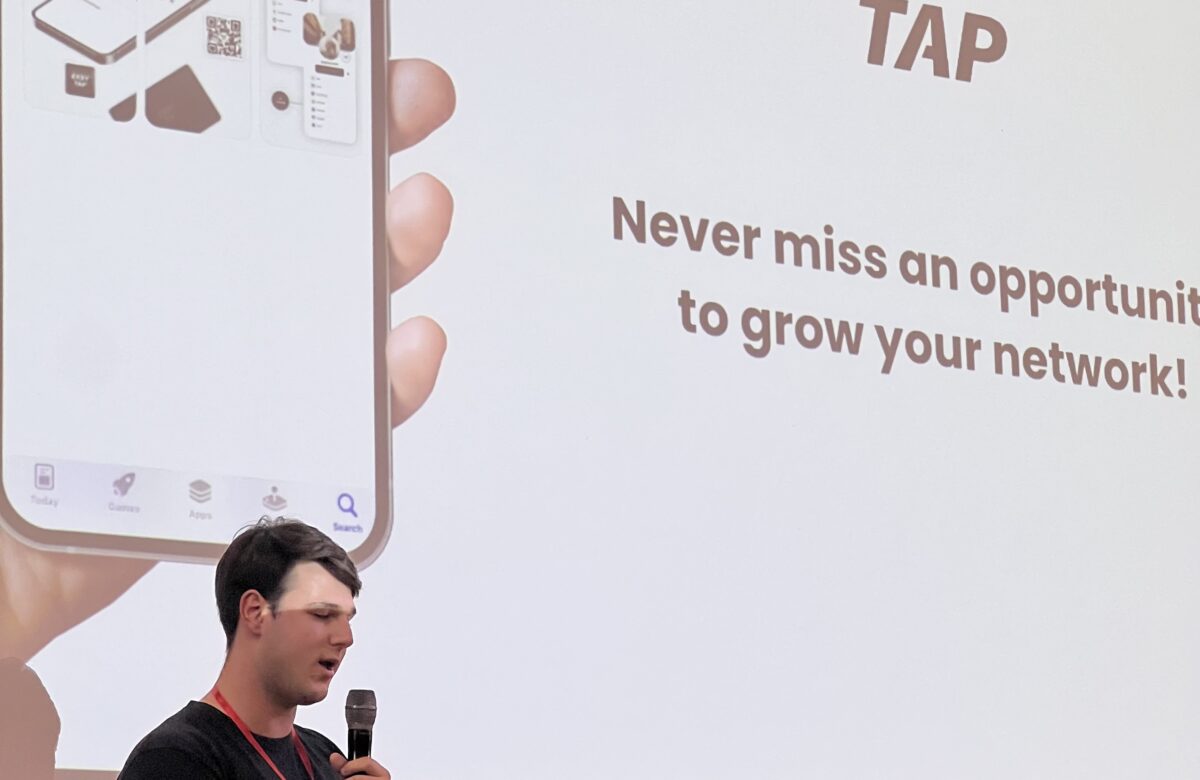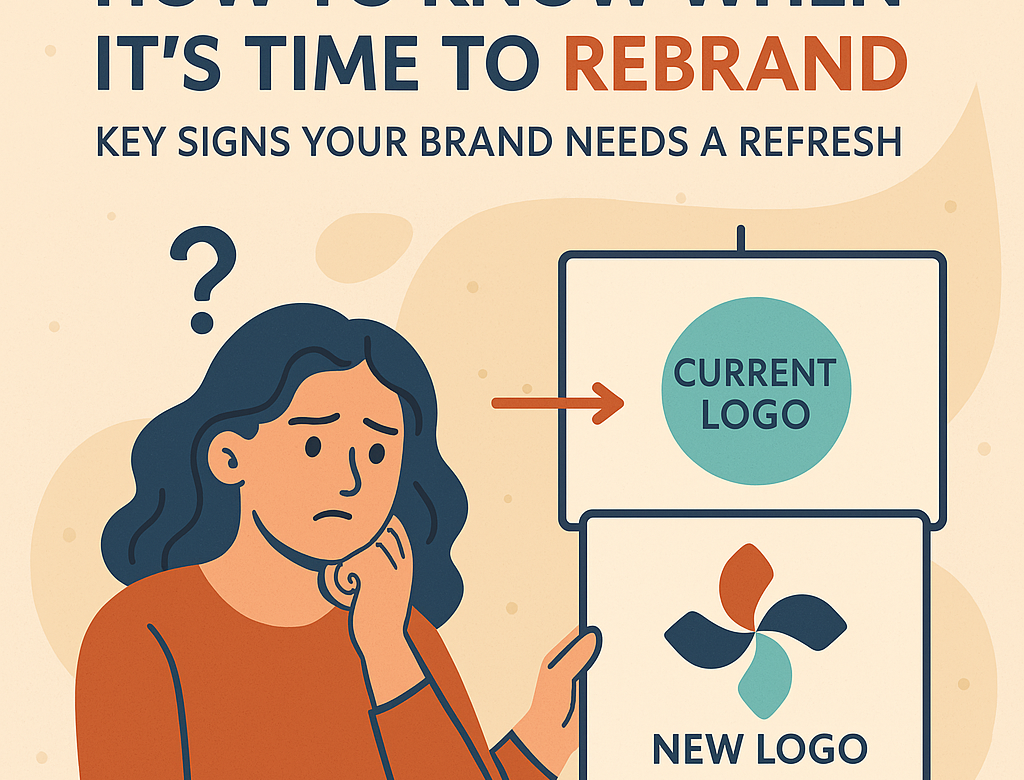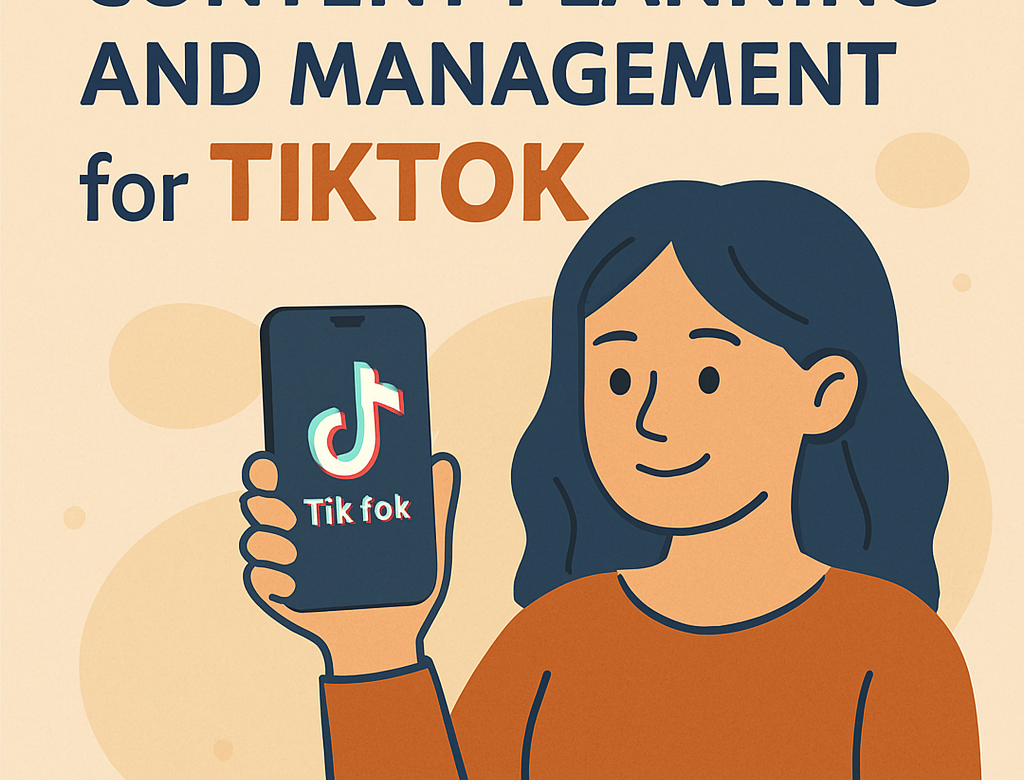How It All Started
I officially launched EasyTap Limited on April 26, 2021, in London, UK, and sold the company on January 30, 2025. But my journey as an entrepreneur started long before that.
Since I was a kid, I loved finding ways to solve problems and make something useful out of it. I was always a creative person, and I never liked ordinary things. Even before I knew anything about business, I had this natural instinct for spotting an inefficiency, identifying a need, and finding a way to monetise the solution. I was fascinated by the idea of creating something from scratch that could provide value to others, and in return, generate income. Whether it was selling collectible stickers in primary school, trading video games or phones, I was always looking for ways to turn an opportunity into a business.
The older I got, the more I realised that I wanted to travel the world and learn. I was born in Rome, Italy but as a teenager, I wanted to see what the world had to offer. At 16, I made one of the best decisions of my life: I went on a high school exchange program to Victoria, Vancouver Island, Canada. I left home, barely able to speak English, and within months, I could hold conversations. This experience changed me completely. It taught me independence, resilience, and the realisation that Rome, as much as I loved it, was just a small part of the world. I had to figure out things on my own – no family, no friends – just me in a new place, 9 time zones away from home.
When I returned, I felt different. My mindset had shifted, and I no longer fit into the same lifestyle as my friends. While they were comfortable with their routine, I wanted more. That’s when I realised something crucial: to achieve big things, I had to push myself, step outside my comfort zone, and take risks.

My First Business
When I came back to Rome, I was determined to start a business that would give me financial independence and the freedom to make my own decisions.
I gathered all my savings and invested everything in a stock of clothing. My plan was to sell them at school and on social media. I had done something similar part-time before, and I knew it could work.
But life had other plans. Just two weeks after my stock arrived, COVID-19 hit. The whole country went into lockdown. My business model, which relied on in-person sales, collapsed overnight. My family thought I had wasted my money, and I felt completely demoralised. Seeing people panic over the uncertainty of the pandemic made my entrepreneurial struggles seem small, but it didn’t take away the frustration of seeing my efforts fall apart. But then I asked myself: Is this really the end? Maybe there was another way.
I started researching online businesses and saw that e-commerce was booming. People stuck at home were spending more time shopping online.
I thought, why not try? I have nothing to lose at this point.
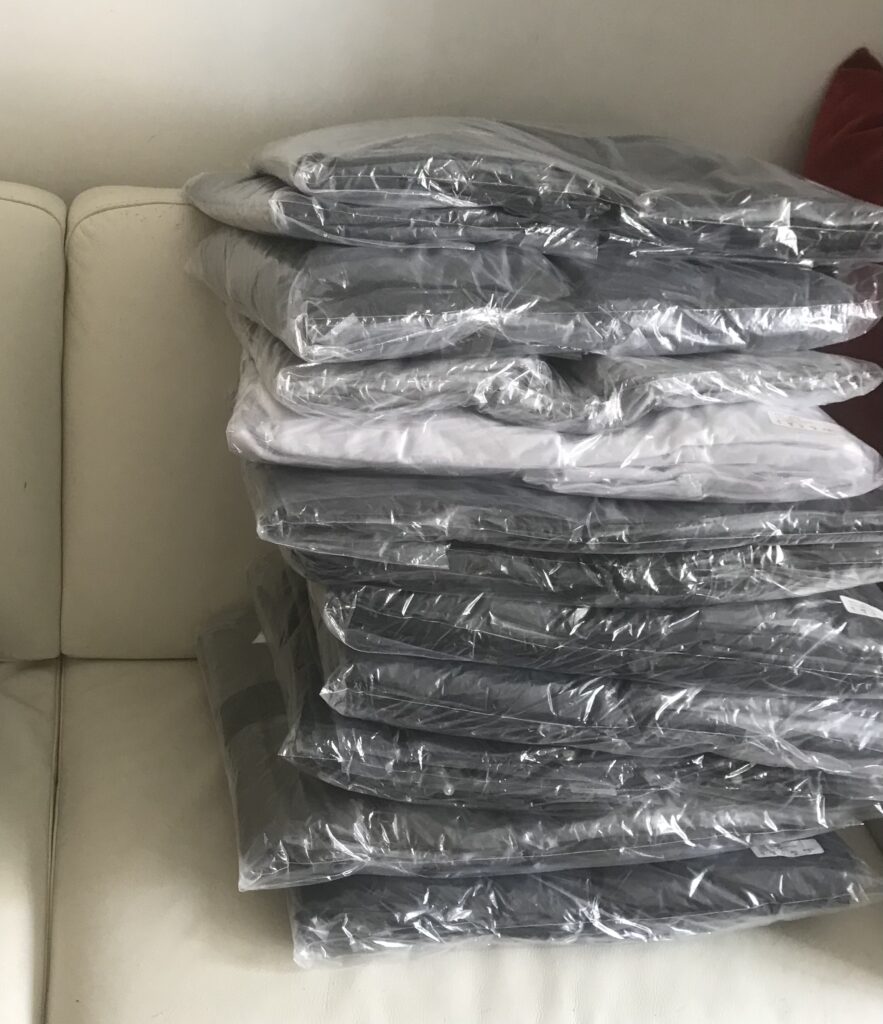
I began spending hours watching tutorials on e-commerce and online marketing. I studied how to create engaging product listings, target the right audience, and optimise ad campaigns. I built a website, ran targeted ads, and suddenly, things started working. The fact that people were locked in their houses made it even easier to reach them online. My small daily advertising investments were bringing back 5-10x returns. What started as an uncertain shift in strategy soon became a profitable venture.
That was the first time I truly understood something: business is about being adaptable and thinking smart. The ability to find a way forward, even when everything seems lost, is what separates successful entrepreneurs from the rest.
Eventually, as I decided to move to London and begin my university studies at the University of Westminster, I realised that I couldn’t manage the business alone from a distance. Rather than shutting it down, I decided to sell it. I listed my business on an online marketplace where people buy and sell digital assets and within a few weeks, a Canadian entrepreneur made me an offer. After some negotiation, I accepted. The exit was not a huge one, but it gave me the confidence and capital I needed to start my next venture in London.
The Birth of EasyTap
Living in London, surrounded by energy, business, and innovation, I was always inspired to think creatively. Ideas came to me constantly, but it wasn’t until a particular networking event that one idea truly stood out and changed everything.
I was at a start-up networking event, meeting different people. One person handed me his business card but quickly added, “Let’s just connect on social” since it would have taken too long to manually enter the information into my phone. It was frustrating. Business cards were supposed to make networking easier, but instead, they were a hassle. Either people forgot them at home, ran out of them, or lost them right after the event. When someone did have one, I would still have to manually type their details into my phone, which took time and often led to mistakes. It felt outdated and inefficient.
On my way home, I tapped my debit card to pay for the tube and, in seconds, the payment was processed. That’s when it hit me: why are we still using paper business cards when we could use the same contactless technology to exchange information instantly?
The idea made perfect sense. We live in a digital age where everyone connects online. Business cards are outdated, and people forget or lose them all the time. I imagined a smart card using NFC technology – the same tech found in credit cards – that could instantly share multiple contact details, social media, and more with a simple tap. It wouldn’t just be more convenient, but also sustainable, eliminating the need to constantly print hundreds of paper cards.
Excited by the idea, I started researching and found that 88% of paper business cards are thrown away within a week, and 10 billion of them are printed every year. That was a huge waste. I validated my concept through surveys, sought advice from mentors and professors, and received overwhelmingly positive feedback. Everyone told me to go for it!
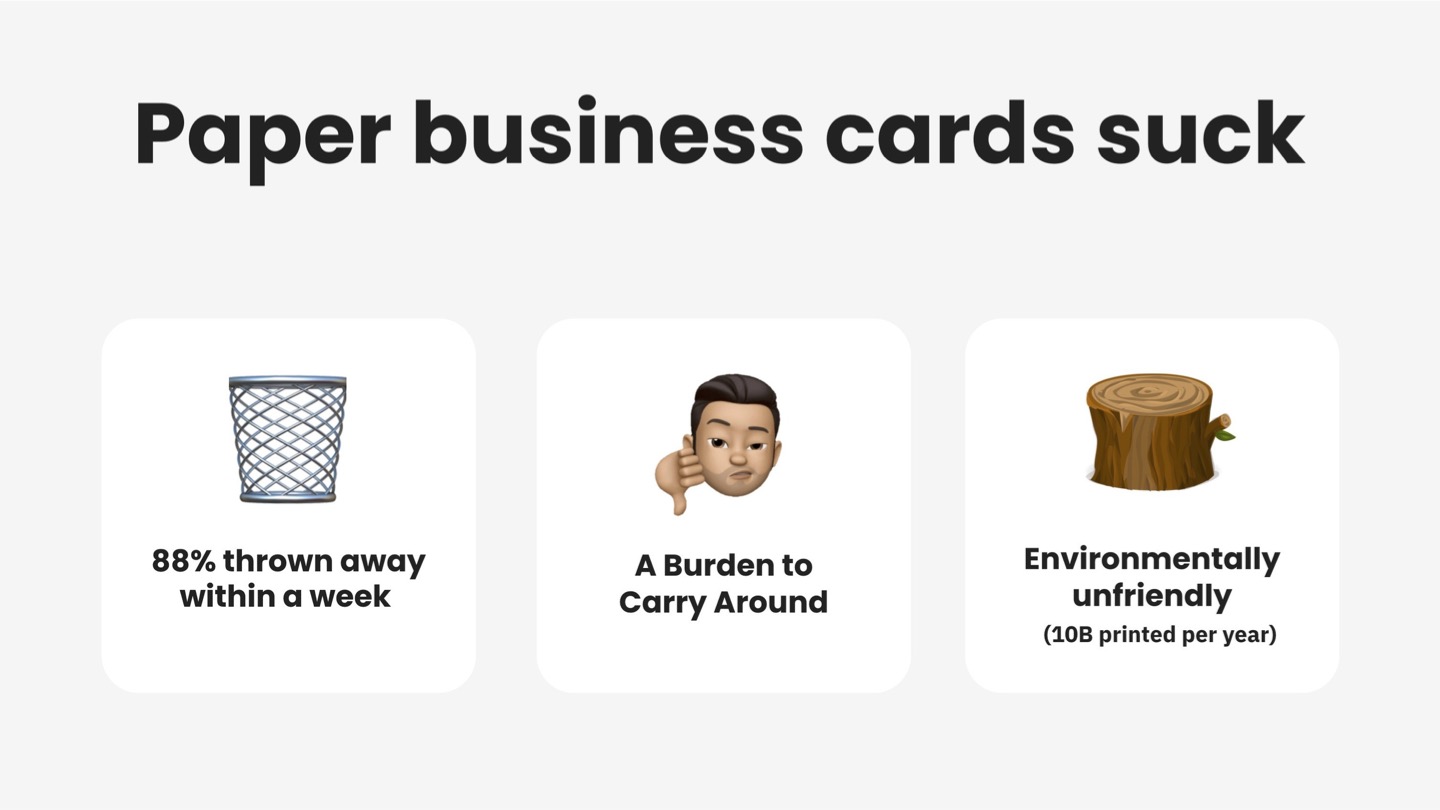
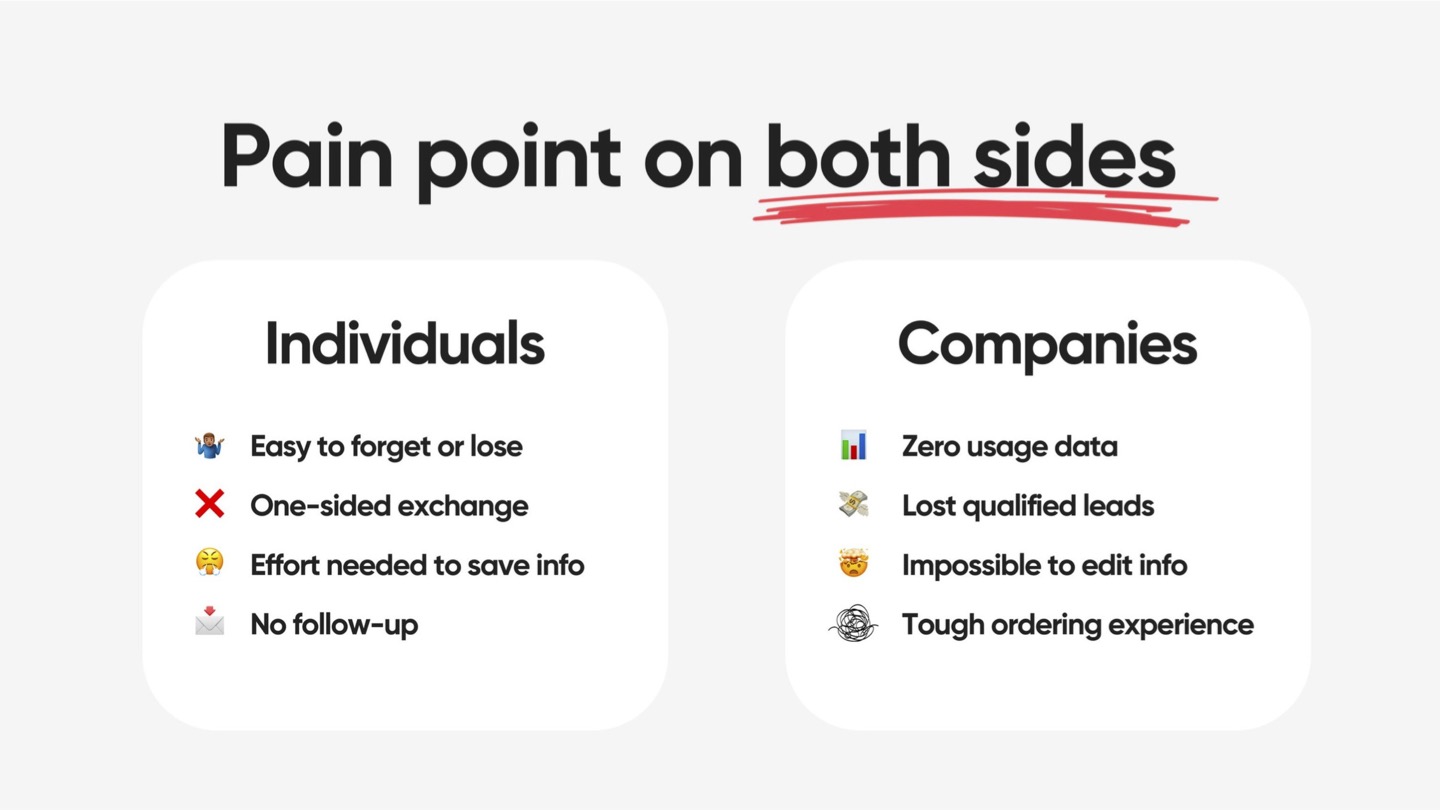
The Challenges and Growth
From my previous experience as a solo entrepreneur, I understood that building a strong team was essential for long-term success. No one can handle all the risks, tasks, and pressures of running a business alone. So, I started looking for someone to join me on this journey. After not long, I found a person who showed strong interest in working with me. We started collaborating, and after months of hard work, we reached the point where we needed to officially register the company and launch the idea into the market.
He unexpectedly locked me out of all the accounts and the beta software built, cutting me off from everything created.
Considering that I had developed the idea, provided the capital, and worked on it full-time while he had only joined later and worked part-time, I felt robbed and betrayed. After months of hard work, being so close to launching, everything was taken away from me in an instant. I was angry, no doubt about it. But I knew this couldn’t be the end. I had worked too hard, and I wasn’t going to give up. I started to feel happy that this person showed for what he was in this moment, I said to myself imaging having a business partner that would be able to do something like this later.
Driven by a level of determination I had never felt before, I pushed over my limits. I worked no-stop every single day for over a month and half, rebuilding everything from scratch. But this time, I made it even better. I learned from the mistakes of the first version and improved every little detail. That’s how EasyTap was officially born – a stronger, more refined version of my original vision.
EasyTap made networking effortless. With just one tap, people could share anything – social media, PDFs, documents, payment links, and more. No more lost business cards, no more manually entering contact details – just instant, seamless connections.
To gain credibility and validate my idea, I decided to participate in the Big Idea Competition, an annual competition organised by my university in collaboration with the Santander Bank. Unfortunately, I didn’t win. In fact, I didn’t even make it to the top five. It was disappointing, but I wasn’t discouraged.
By participating, I realised there were many aspects of my business I had overlooked. I met an incredible mentor who pushed me to refine my approach and encouraged me to take the next big step – legally registering the company. This was something I had always feared, as I was intimidated by bureaucracy, taxes, and the uncertainty of running a company as a 20-year-old student in a foreign country. But after everything that had happened, I couldn’t just stop there.
My mentor also suggested expanding my team, as handling the business alone – alongside my technical team – would be incredibly difficult. The problem? I didn’t have the budget to hire a professional social media manager, sales expert, or marketer.
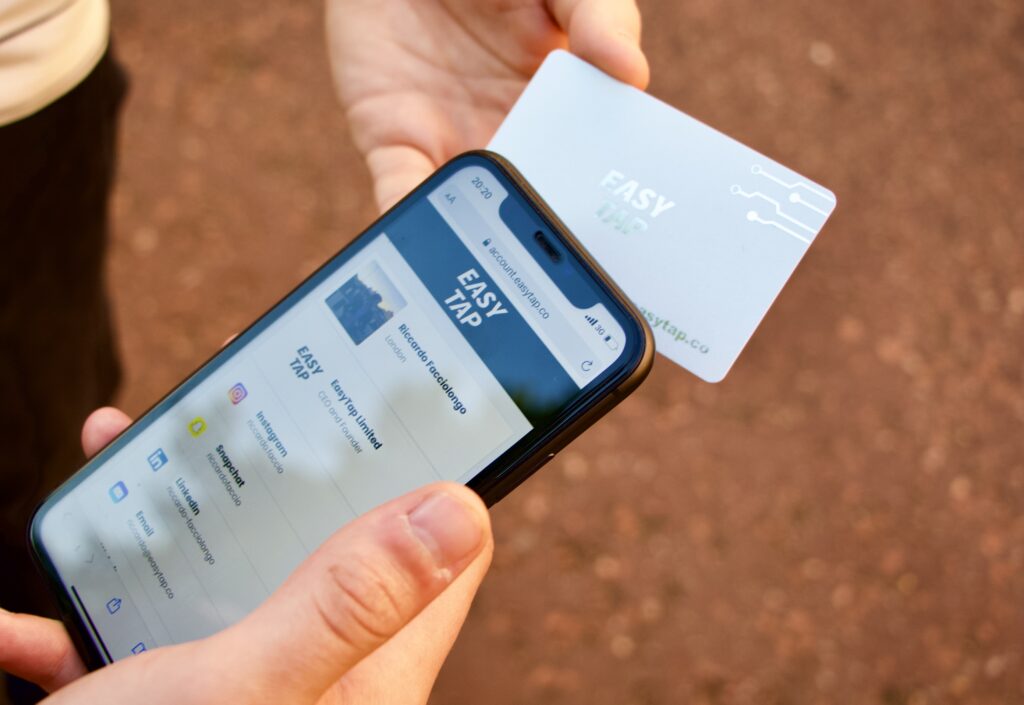
So, I came up with a different solution – I launched an internship program for students. I received over 300 applications and, in the excitement of the moment, ended up selecting 30 interns. Yes, 30! It was a crazy number, but I wanted to take a chance. This was the turning point – from having no one by my side, I suddenly had a team of 30 students, along with a few external mentors who helped guide them. I structured the internship by dividing them into teams, each focusing on different aspects of the business. As a result, EasyTap’s social media following grew rapidly, ad campaigns started running successfully, and sales began increasing.
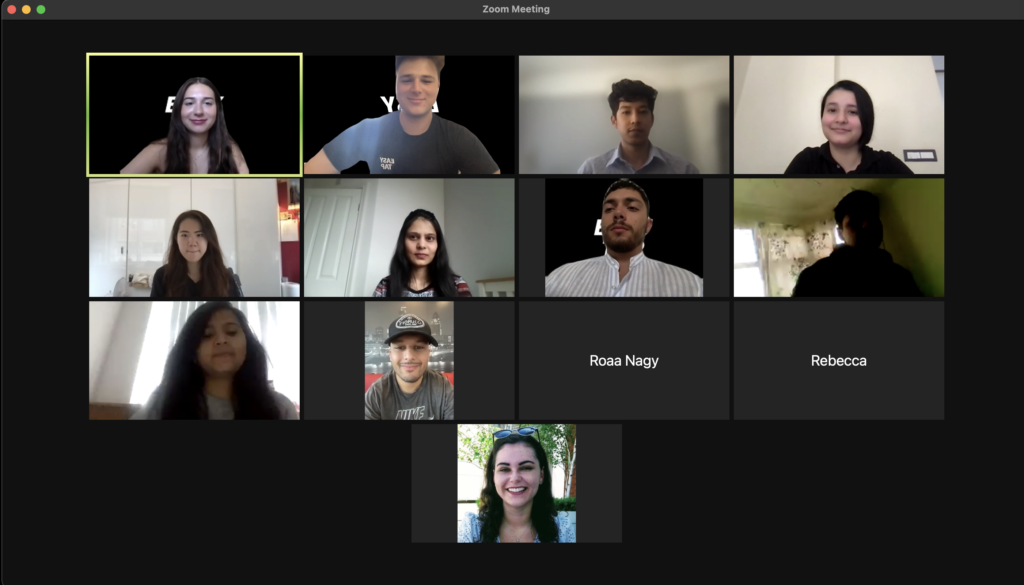
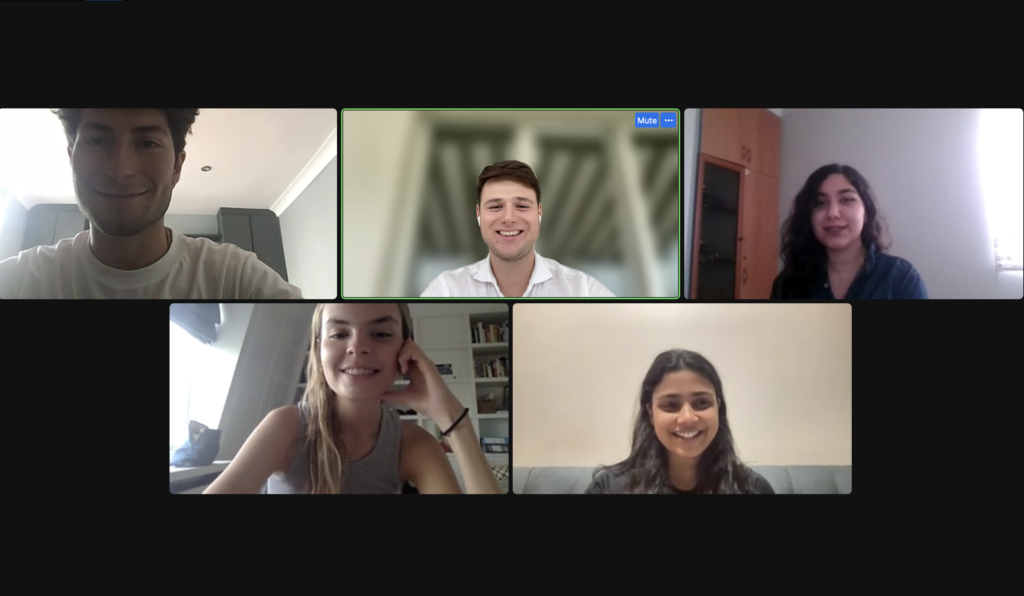
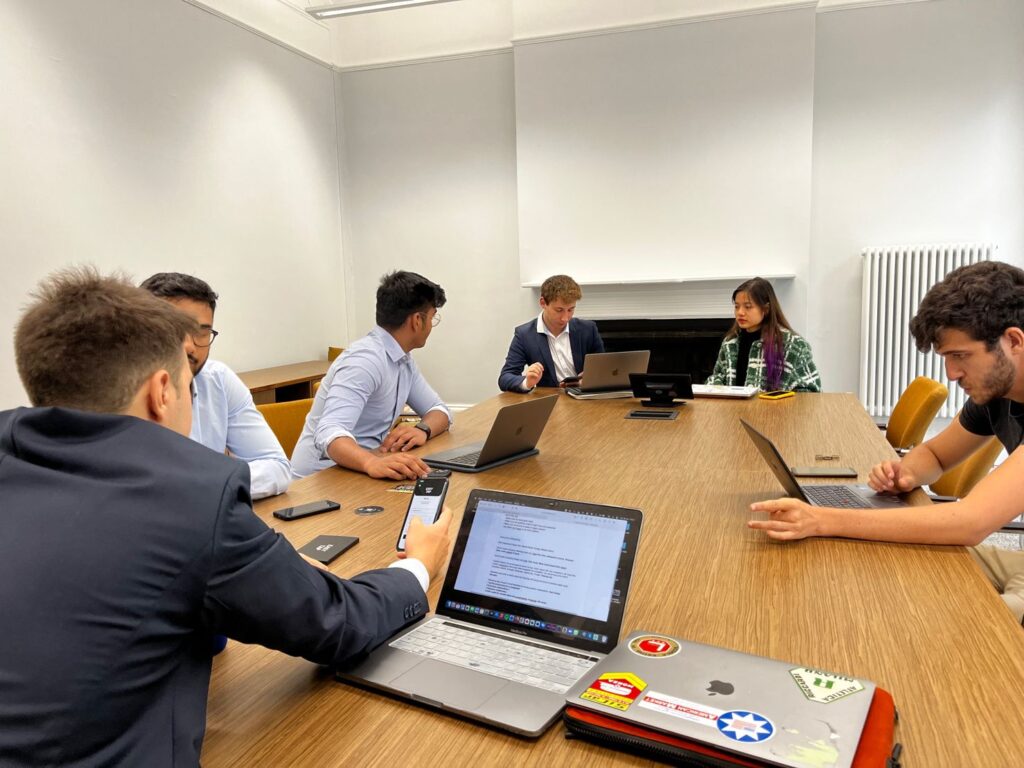
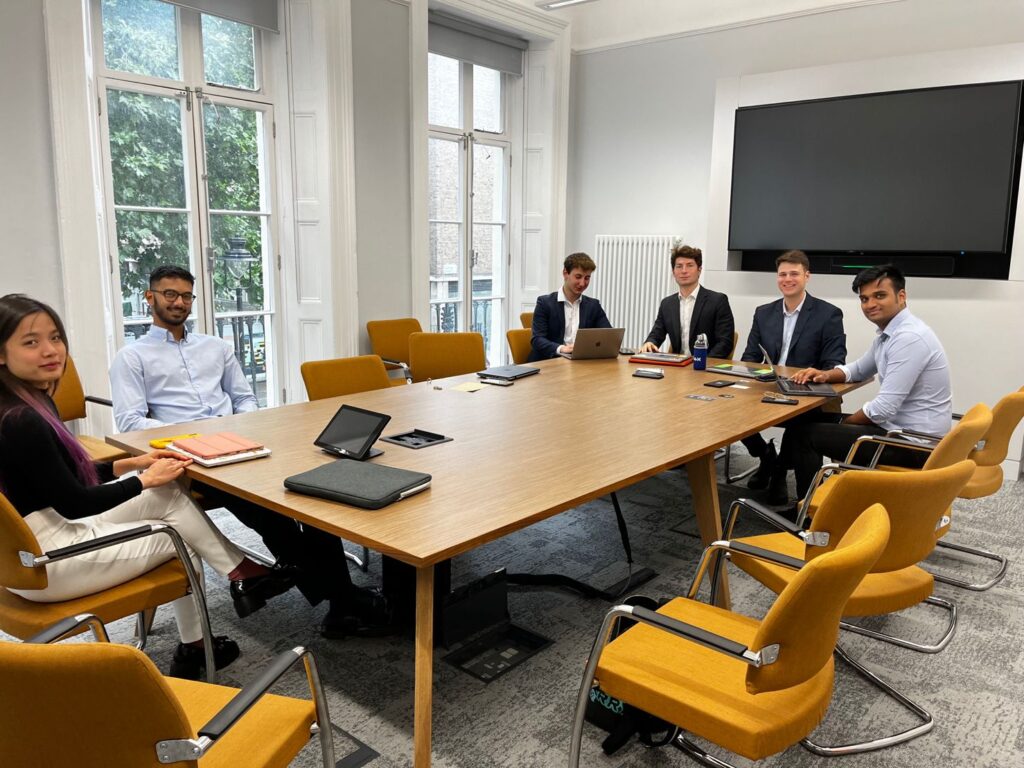
Around this time, I met Thomas Ricci, a brilliant networker and UCL student. He was fascinated by the business model and the way I had structured it. He saw the potential and decided to join me on this journey. Over time, he became my business partner and COO of the company.
While the company was growing, I still had to focus on my studies, and so did Thomas. Our time was limited, but whenever we had the chance, we worked relentlessly on EasyTap. At this point, it didn’t even feel like work – it was a passion that kept driving us forward.
The buzz around EasyTap caught the attention of RTL 102.5, a major media outlet in Italy. Impressed by my idea and my young age, they invited me to be a guest on their show. This was a huge opportunity, as the show was broadcast on SKY, TV digital terrestrial, and radio. It was an incredible moment to showcase EasyTap to a wider audience.
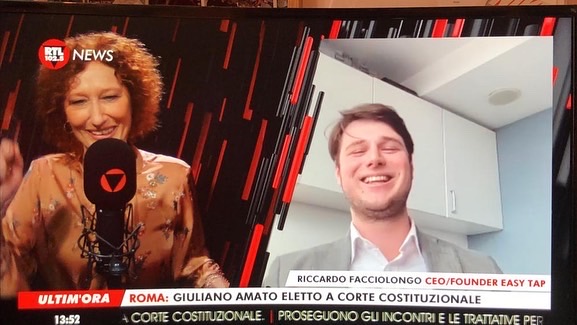
After months of validating the idea and refining the business model, it was time to move from a beta version of our software and MVP product to a fully developed solution that could deliver serious value to the market. Every penny we had earned so far went into the development of a mobile app and 2.0 version of the NFC devices.
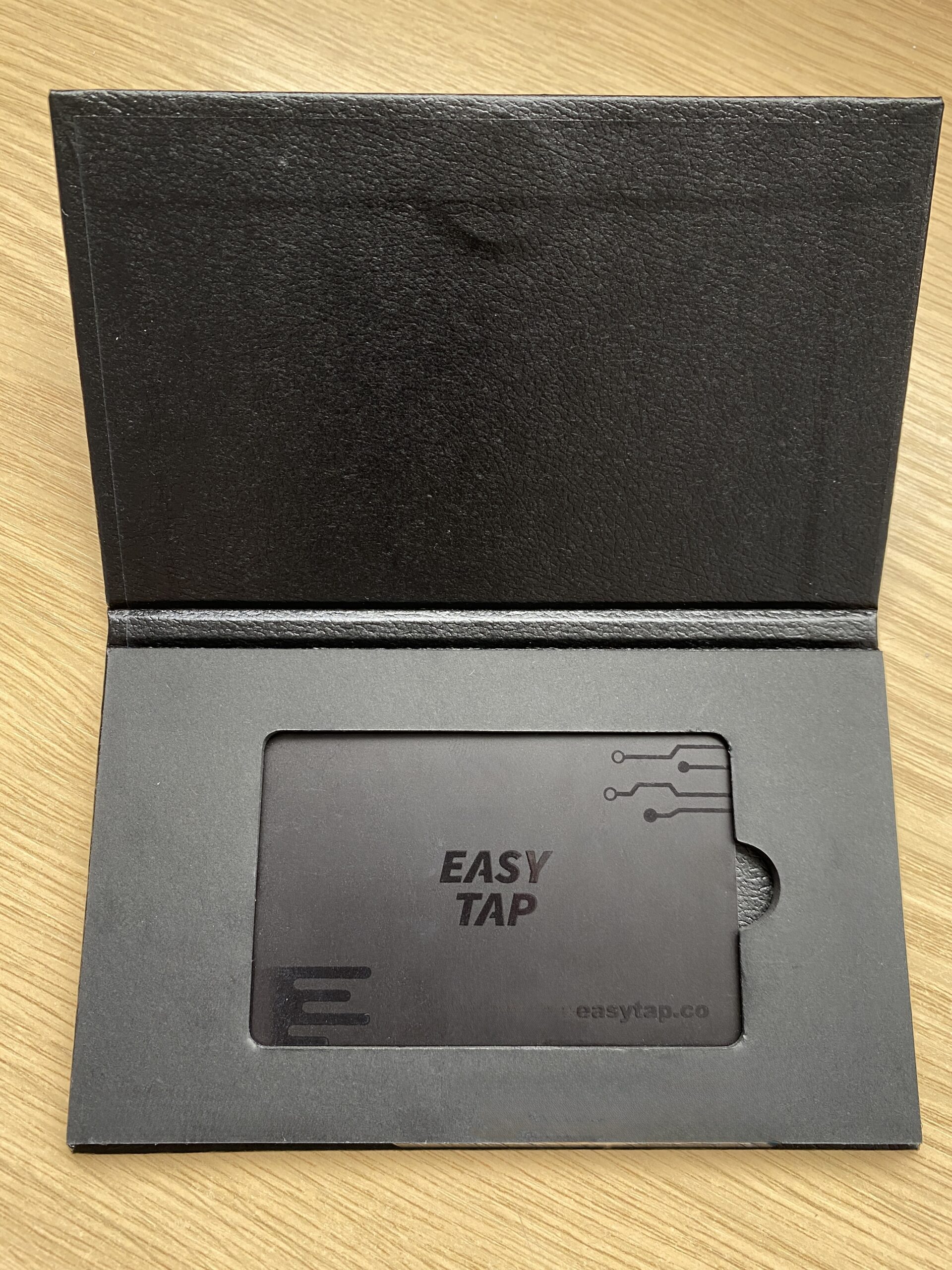
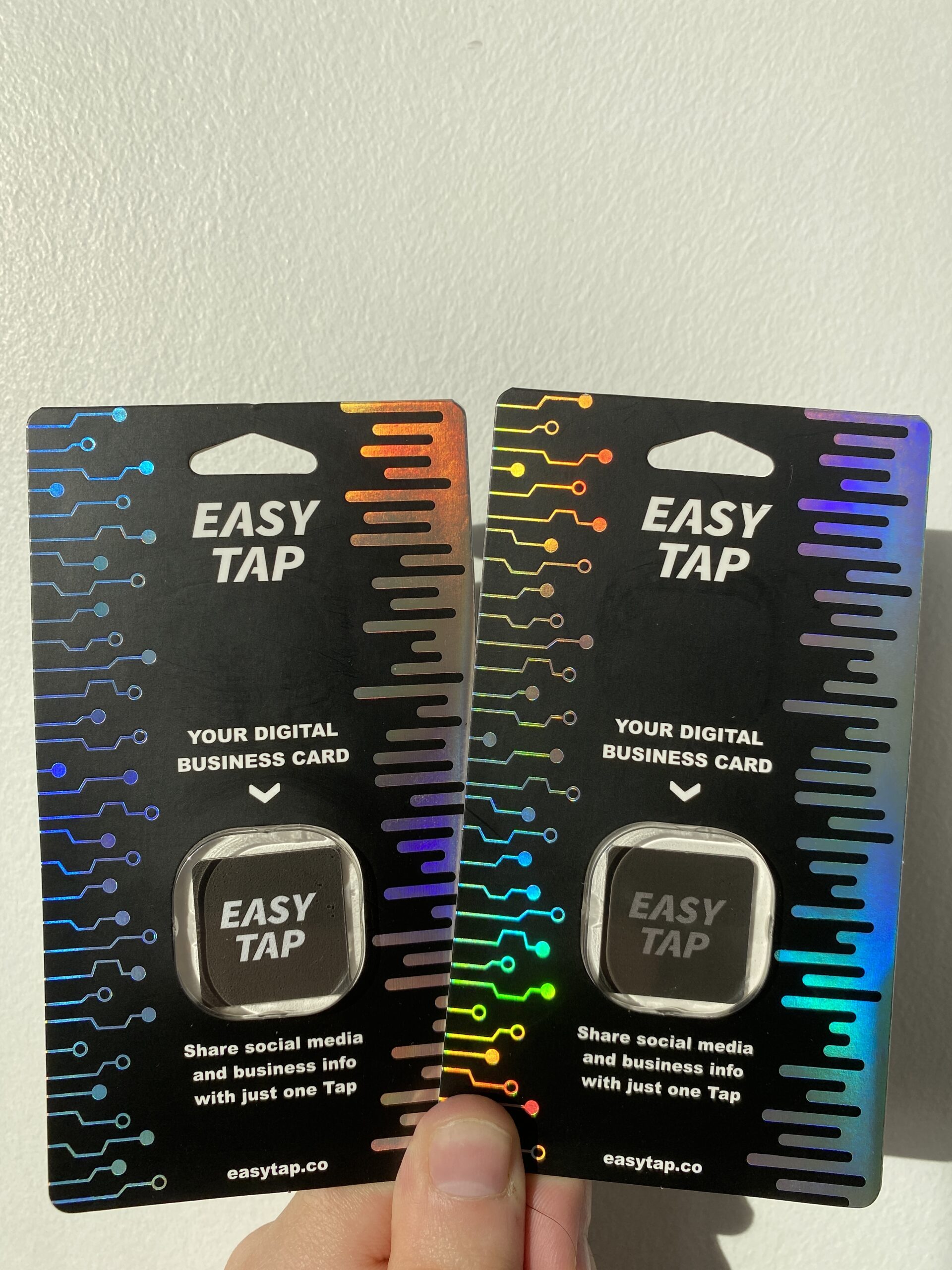
I envisioned the app as more than just a digital business card – it would be a powerful networking tool. It would include features like a smart map, where users could see where they had connected with people and which time and date, the ability to manage the connection directly from the app and export contacts via CSV files for CRM integration, and advanced analytics.
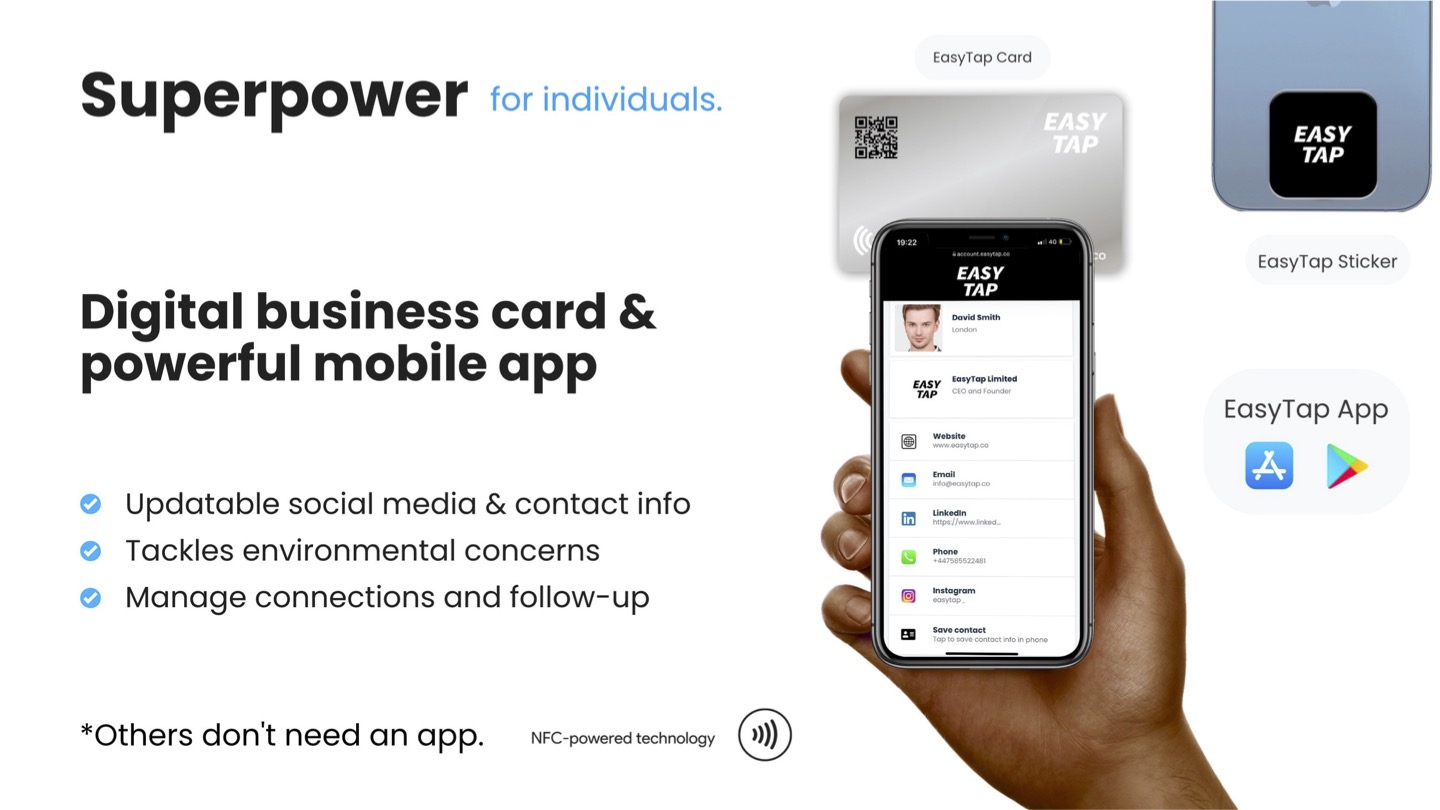
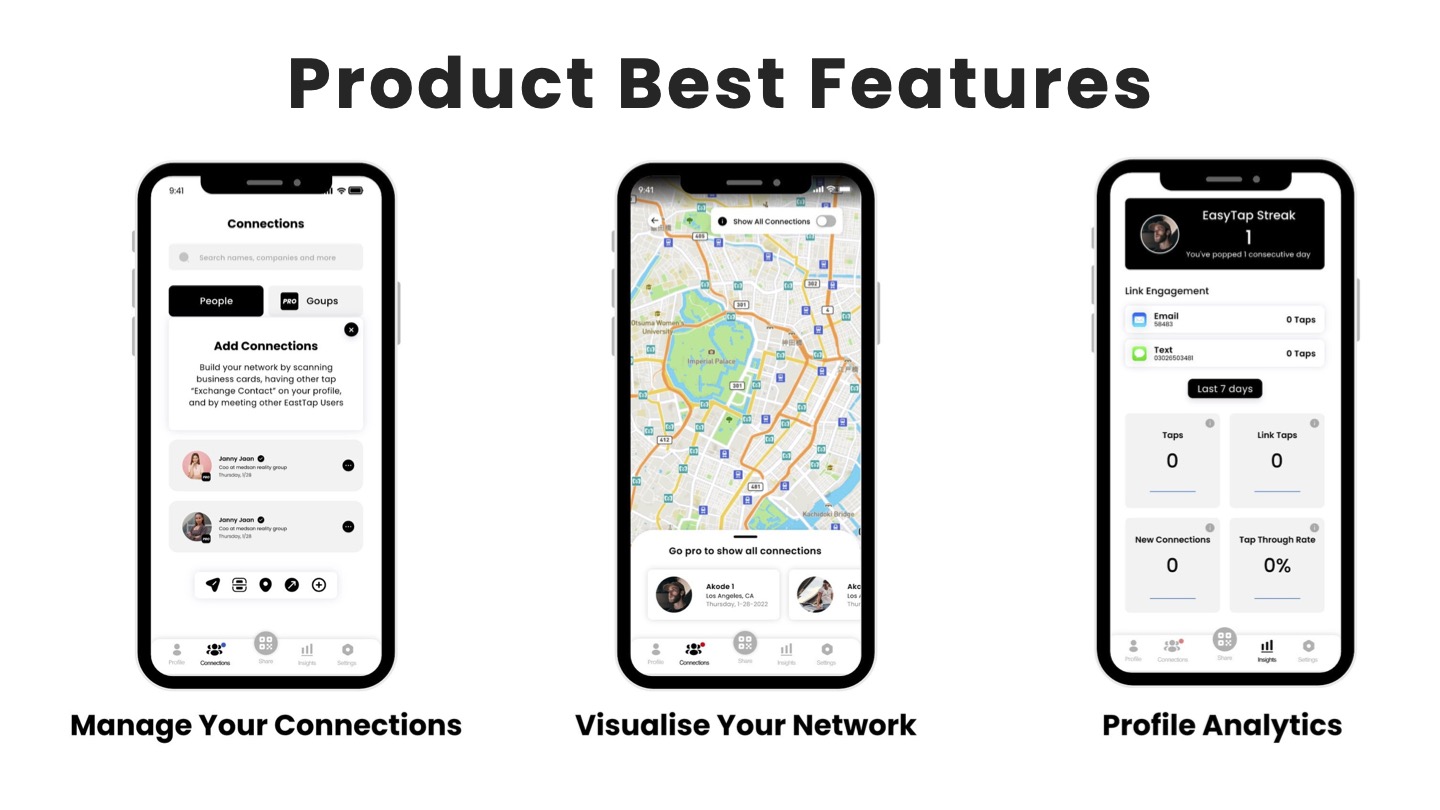
For professionals attending networking events, this was a game-changer. Instead of spending money repeatedly on traditional business cards, they could have a smart, reusable, and feature-packed alternative.
Building the app took nearly a year. In the meantime, we focused on expanding our reach, increasing revenue, and strengthening our brand presence.
One evening, in a bar in Rome, I met a young man working at the FAO (United Nations), Lukhani Rogol. He was intrigued by the idea and invited me to collaborate on the World Food Forum 2023, a major event with thousands of participants, including ambassadors and delegates from all over the world. EasyTap was chosen as a sustainable alternative to traditional business cards, helping attendees connect effortlessly while reducing paper waste. The response was incredible – people loved it, and the exposure was a massive boost for the business.
But with growth came new challenges. It was time to trademark EasyTap, and I had underestimated how crucial this step was. Due to my inexperience, I applied for the trademark protection later than I should have. Just one day before my approval, I received a legal challenge from another company that had registered a similar name one month earlier. This was a disaster.
Rebranding meant erasing all the work we had put into building the brand. I refused to give up. I reached out to everyone – my network, online communities, friends – seeking advice. That’s when I came across a professor at the University of Nottingham, who agreed to offer me a free 30-minute consultation.
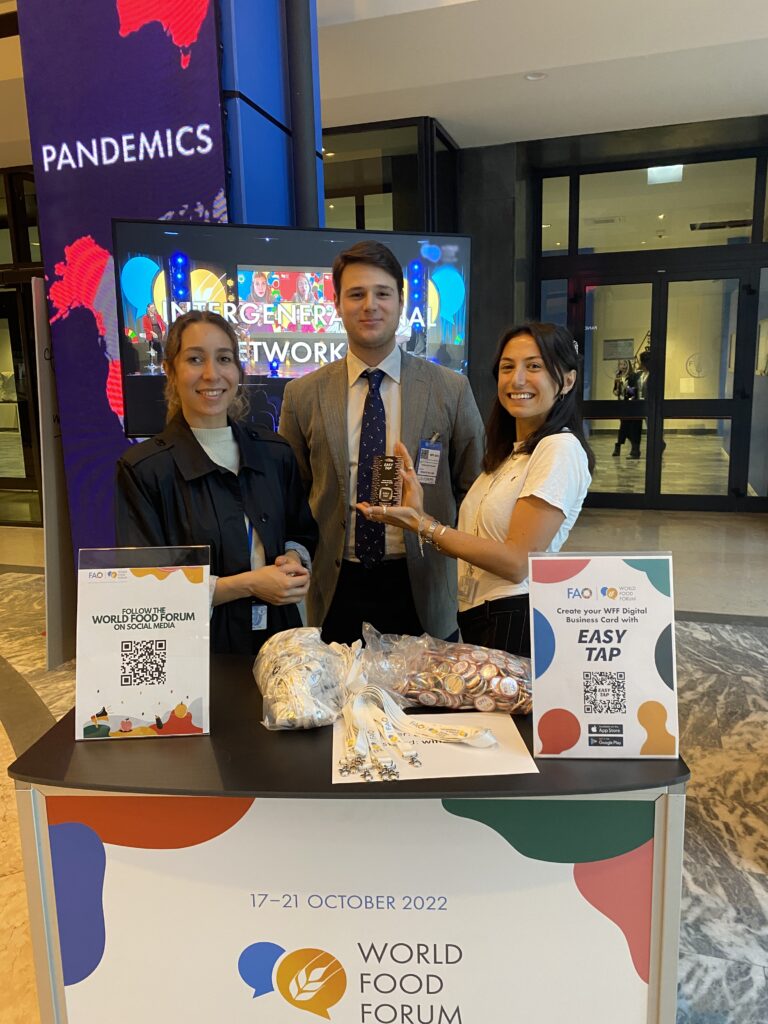
When we met online, I told him my entire story. He was touched and decided to take my case pro bono, under one condition: my case would be used as a real-life study for his university class. I immediately agreed. Suddenly, I had not only an expert lawyer on my side but an entire class of law students analysing my case and helping craft a legal strategy. After months of stress, uncertainty, and legal battles, I finally won. It was one of the most rewarding victories of my journey, proving that resilience and strategic thinking could overcome even the toughest challenges.
Following this, EasyTap achieved even more milestones – it became the best-selling digital business card device on Amazon Sweden and ranked among the top 5 digital business card apps on Google Play Store.
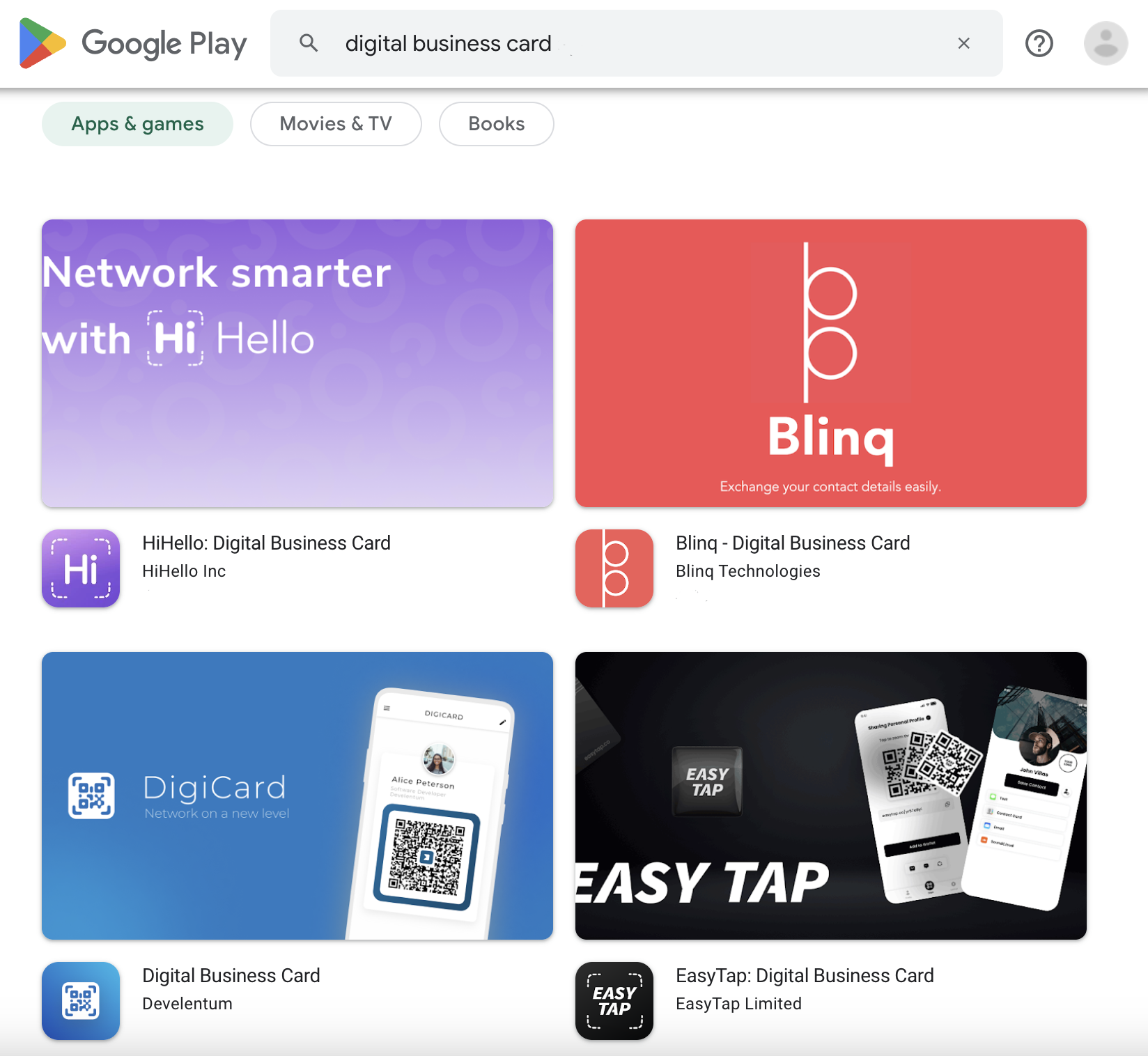
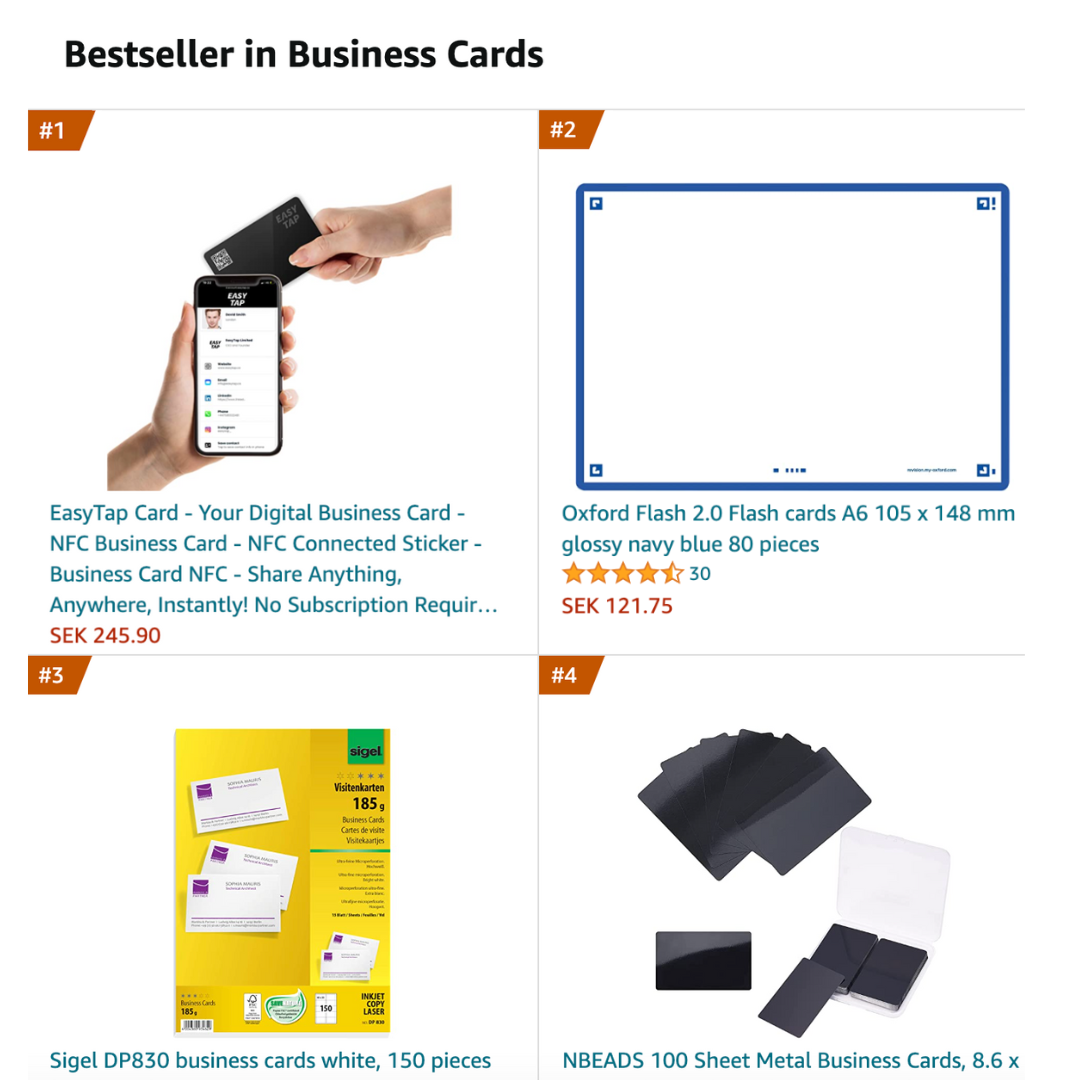
I also re-entered the Big Idea Competition, and this time, I made it to the finals, winning the public vote and securing £5,500 in funding.
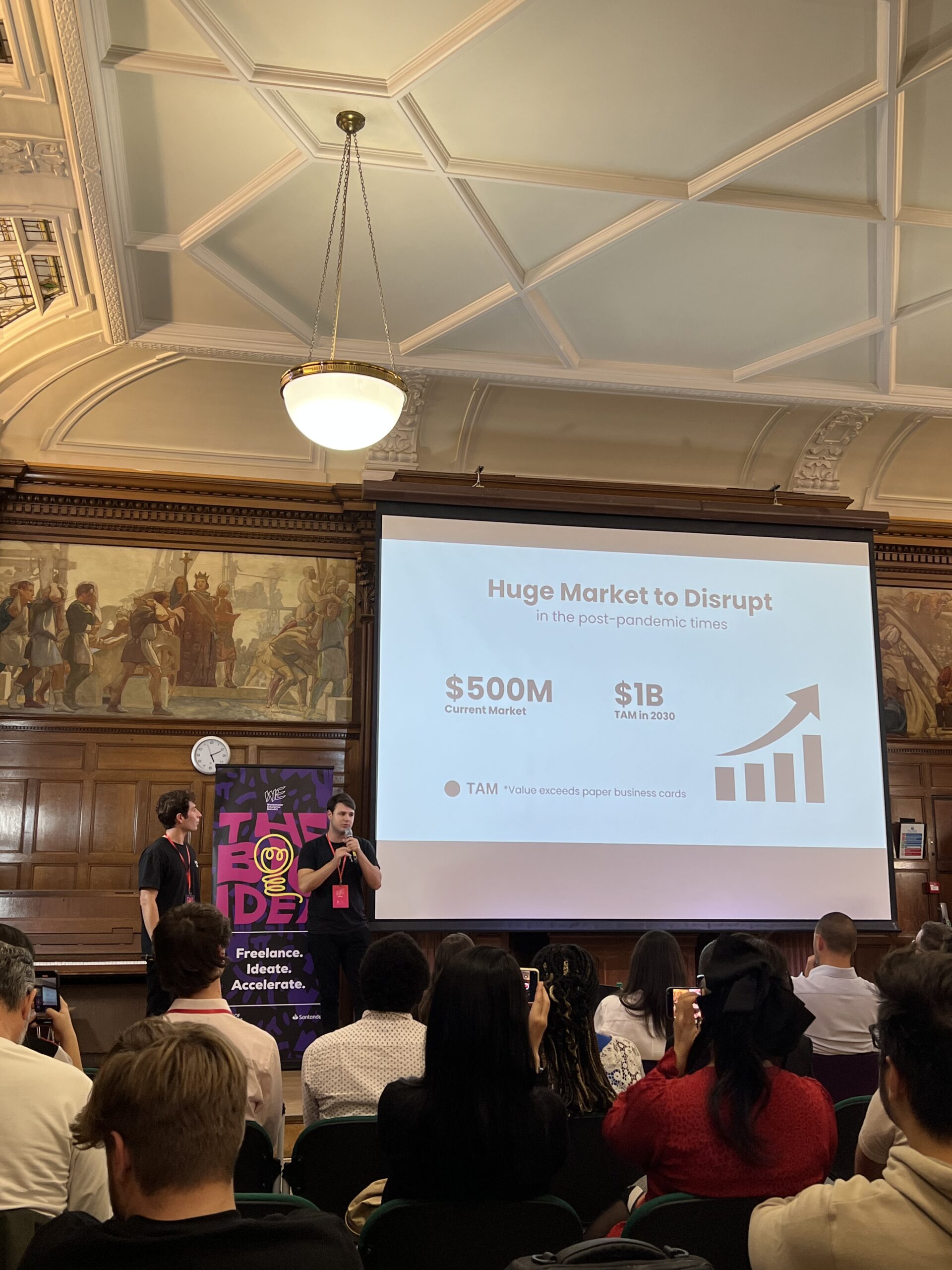
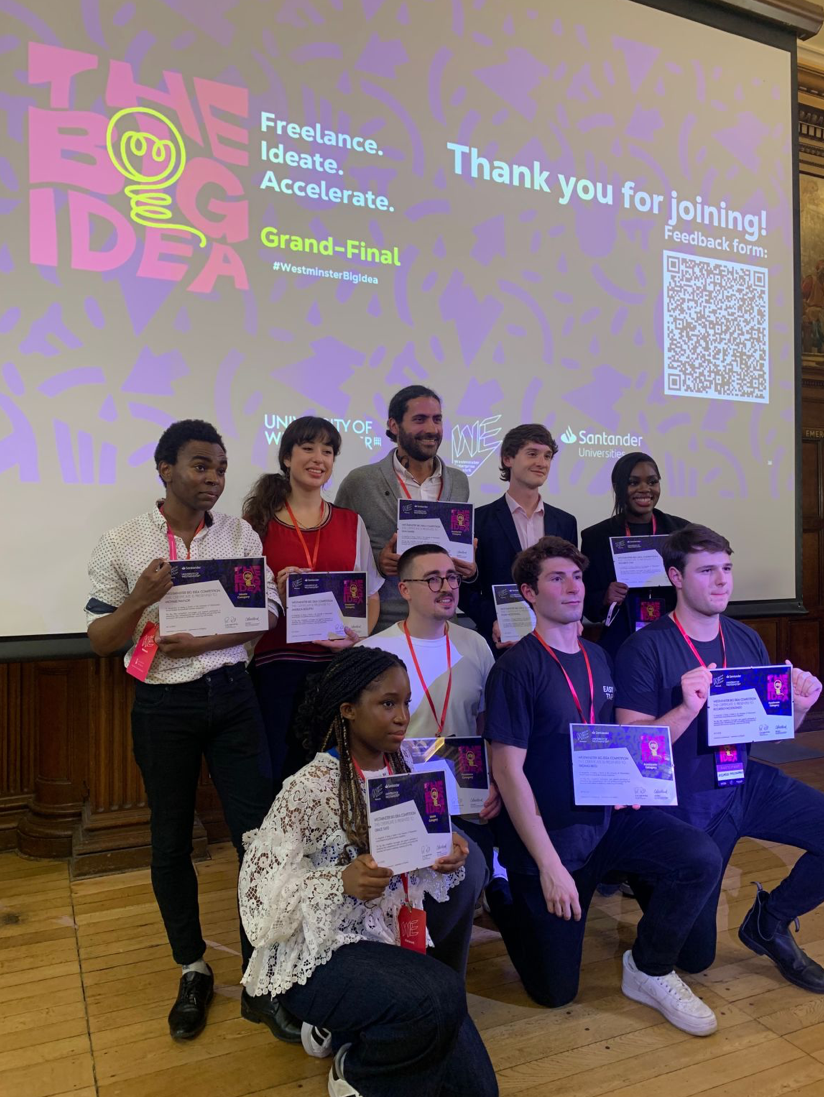
With my undergraduate studies coming to an end, I faced another big decision: Should fully focus on EasyTap, or should I continue studying with a master?
Well, the answer became clearer when I got accepted into Imperial College London, ranked 2nd in the world and 1st in UK and Europe by QS World University Rankings 2025. I knew this would strengthen my credibility for future fundraising while allowing me to continue learning my passion for economics and finance.
At the same time, people started reaching out, asking how I built EasyTap and how I could help them with their own digital ventures. That’s how my second company, Fastech Solutions Ltd, was born. The very company behind this website!
Balancing Growth and Letting Go
Starting my MSc in Economics and Strategy for Business at Imperial College London was an incredible milestone, but it also presented the toughest challenge of my life. At the same time, I was managing two companies, making 2023/2024 the most intense and demanding period I had ever faced. My academic workload kept increasing daily, while my businesses were scaling rapidly, bringing in more clients, responsibilities, and pressure.
By the end of the academic year, I was completely drained – both mentally and physically. Running businesses while pursuing a challenging degree had taken a serious impact on me. I realised that mental health is just as important as business success – without a clear mind and a healthy body, reaching ambitious targets becomes unsustainable.
Entrepreneurs often push themselves to the limit, but true success comes from maintaining balance and knowing when to pause and recharge. I knew I needed a real break to reset and reflect on my next steps. So, after completing my studies, I took a six-week vacation, traveling across Central and South America, exploring Mexico, Peru, and Bolivia. This journey wasn’t just about relaxation; it was a much-needed escape that allowed me to recharge, gain clarity, and reevaluate my goals.
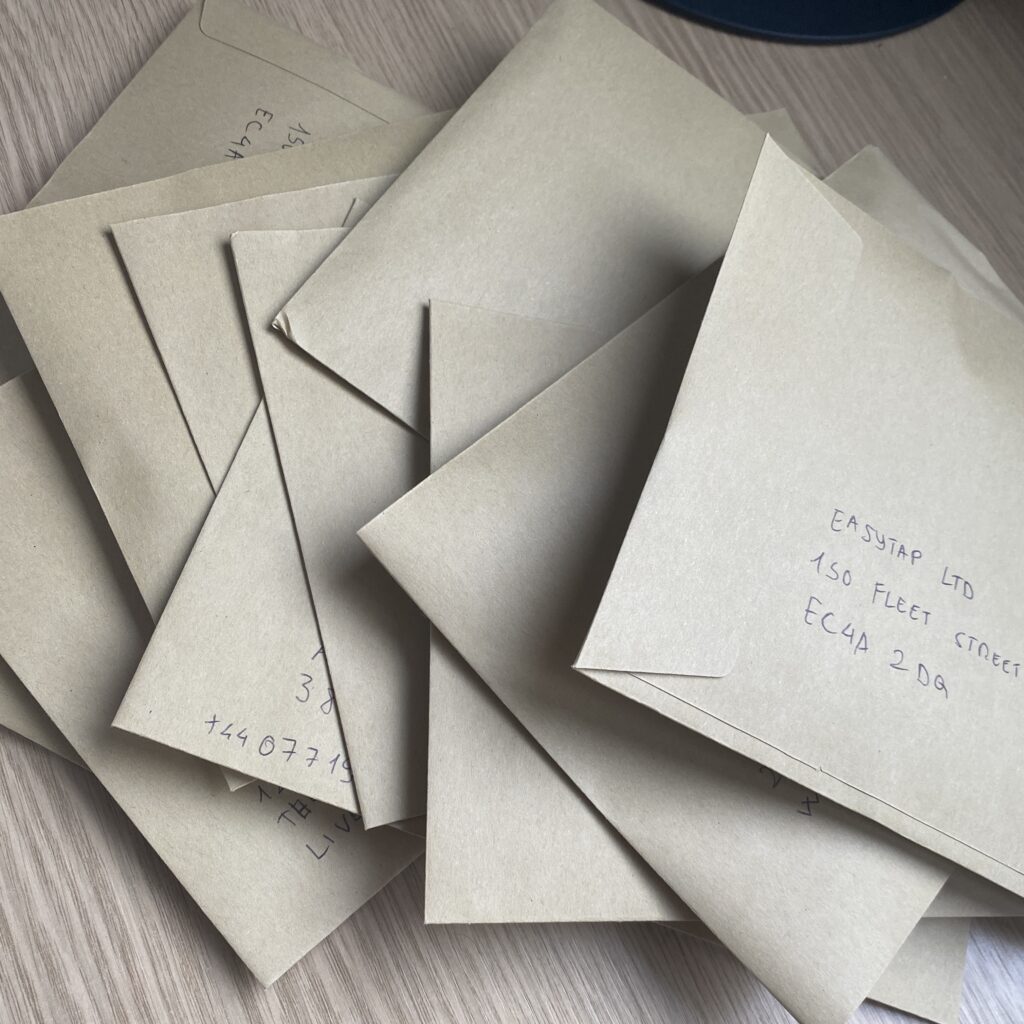
The Exit
One realisation stood out among the many insights I gained during my travels: it was time to sell EasyTap and move to the next chapter. EasyTap had been my brainchild, my passion, and my greatest learning experience – something no business school or degree could ever replicate. It had shaped me as an entrepreneur, tested my resilience, and opened doors I never imagined possible.
The app got acquired by a larger company based in Dubai, marking not the end, but the beginning of an exciting new chapter. The new owners have ambitious plans for EasyTap, and I have no doubt that the app will grow and evolve beyond even what I originally envisioned.
To everyone who believed in EasyTap, and to the 50+ people who worked for it part-time or full-time, and to the thousands of users who downloaded and trusted my app – thank you. Your support has meant everything and played a crucial role in making this journey possible.

What’s Next?
As for what’s next? Well, I’m now fully focused on my second venture, Fastech Solutions Ltd. With my incredible team, we help businesses build and grow their digital presence – combining creativity, technology, and strategy to deliver real results.
I’m incredibly proud of what Fastech has achieved in such a short time. One of our key milestones so far has been our collaboration with Benefit Cosmetics UK, part of the LVMH Group. Together, we launched the viral 3D TikTok Effect: “15 Second Brow Challenge” to celebrate their new 2024 ‘Precisely, My Brow Pencil’ collection which has already surpassed 3 million views.
And this is just the beginning. Fastech’s portfolio continues to grow, with clients across sectors like fashion, art, tech, hospitality, health and wellness – ranging from early-stage startups to global companies looking to innovate online.
Check out our services, and if you’d like to connect, feel free to reach out on LinkedIn – I’m always happy to chat with fellow entrepreneurs!

